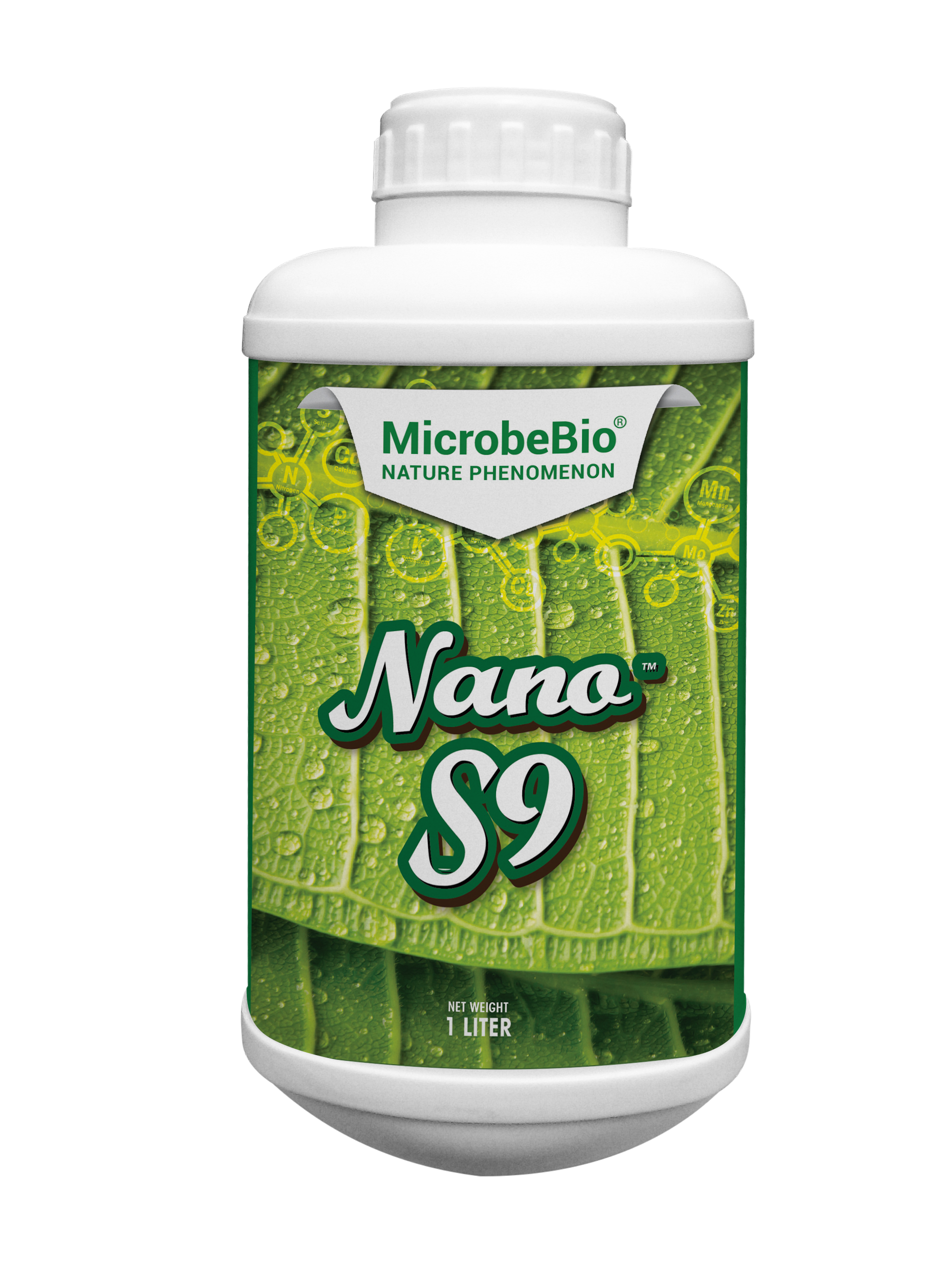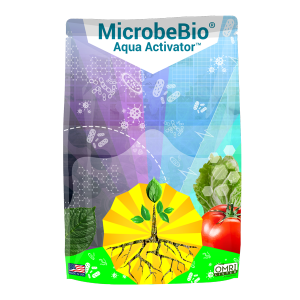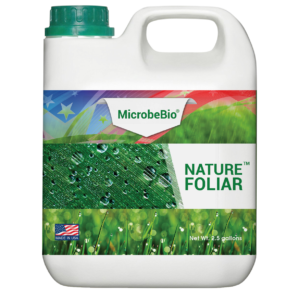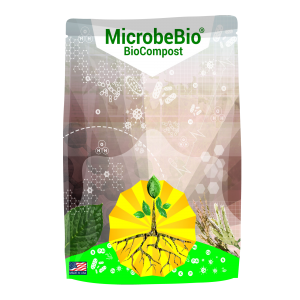MICROBEBIO®Nano S9™
MICROBEBIO® Nano S9™ A chitosan-based biopolymer is a carrier of nano-silica particles embedded in amino acid and suspended in water. MICROBEBIO® Nano S9™ made up of particles smaller than 100 nanometers. Rapid silica absorption is necessary when high temperatures and low humidity are present. Nanotechnology is used in a concentrated proprietary formula to create more potent, more prominent, healthier plants that are both cost-effective and simple to use. Nutrient-rich nanoparticles are incorporated into the products. Cell walls are penetrated with excellent efficiency by these nanoparticles. Consequently, crops are healthier with less input.
MICROBEBIO® Nano S9™ consists of nanoparticles and fertilizer molecules wrapped in the Microbebio nanotechnology and are applicable in foliar
- The process of directly entering a cell’s metabolism is attained
- Absorption is quicker, more effective, and more efficient
- Surface area at which the maximum amount of contact occurs
The nanoparticle then migrates into the mesophyll of the leaf. Following that, it enters the plant’s vasculature, its veins. It can travel the whole stem length into the root or the leaves. A nutrient deficiency is immediately filled, allowing it to be readily absorbed and supplying energy and nourishment to the plant cell.
MICROBEBIO® Nano S9™ provides plants with bioavailable components of silica that make them more resilient to biotic and abiotic stress, help them withstand drought, and improve their resistance to pests and diseases.
Besides reducing salt stress, drought, heavy metals, and other abiotic stresses, MICROBEBIO® Nano S9™is also beneficial for reducing the adverse effects caused by different abiotic stresses. MICROBEBIO® Nano S9™ from biogenic sources deters herbivores as well. Further, MICROBEBIO® Nano S9™ helps plants resist exogenous pressure and increases their vigor.
In addition to promoting growth and yield, silicon in crops supports proper development and prevents lodging. It also decreases abiotic stresses such as temperature, salinity, heavy metals, and aluminum toxicity and provides resistance to bacterial diseases.
A plant’s resistance to diseases such as powdery mildew, septoria, eye-spot, and pest insects is increased through the presence of silicon. Deficit irrigation increases plant biomass yield through silicon. Draught-exposed plants treated with silicon maintained higher relative water content and stomatal conductivity. It helps leaves grow bigger and thicker so that they retain more water and that they have fewer losses through transpiration.



